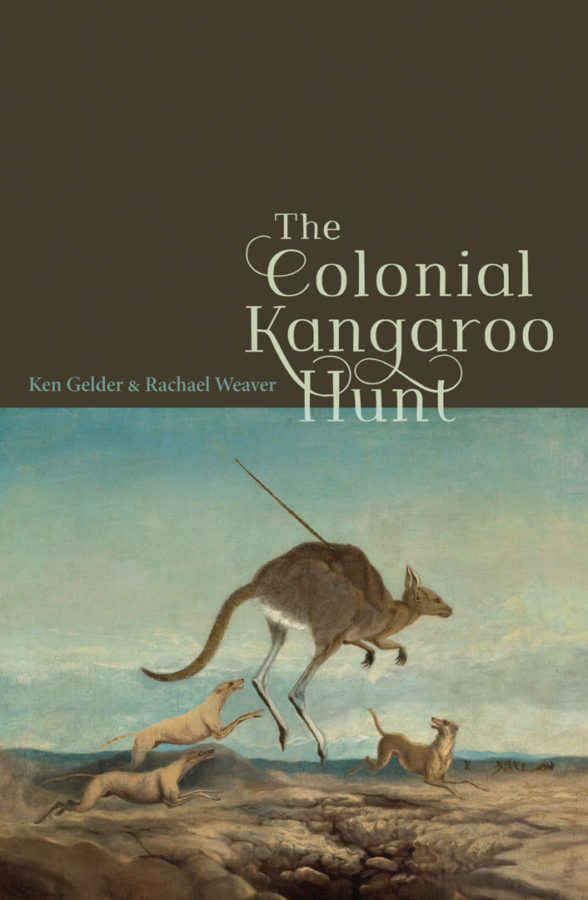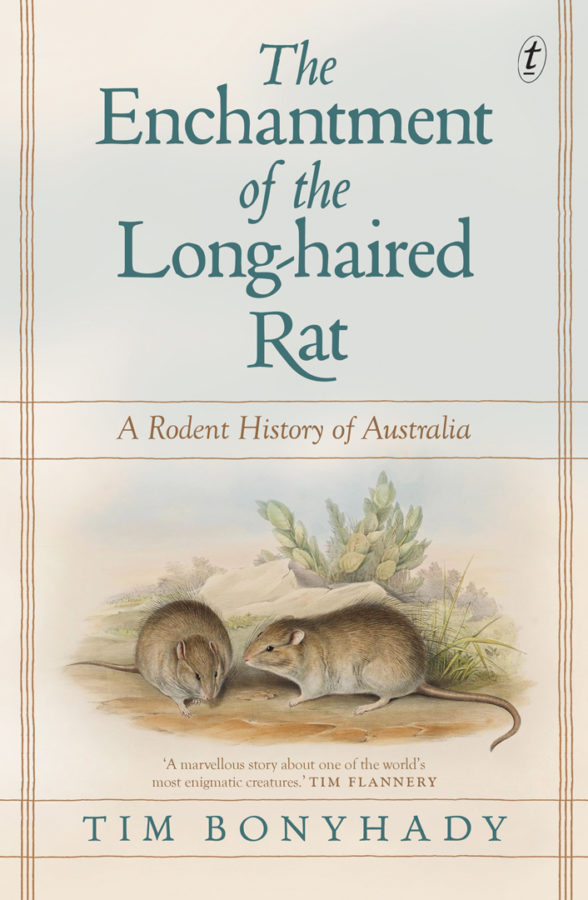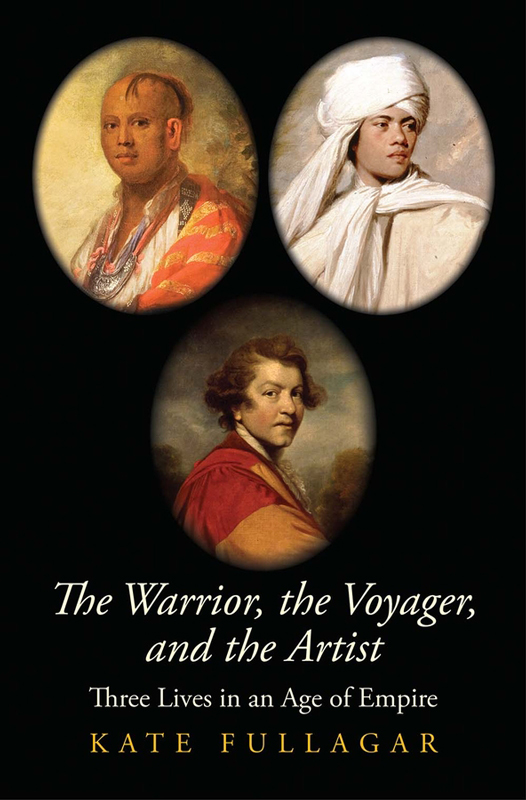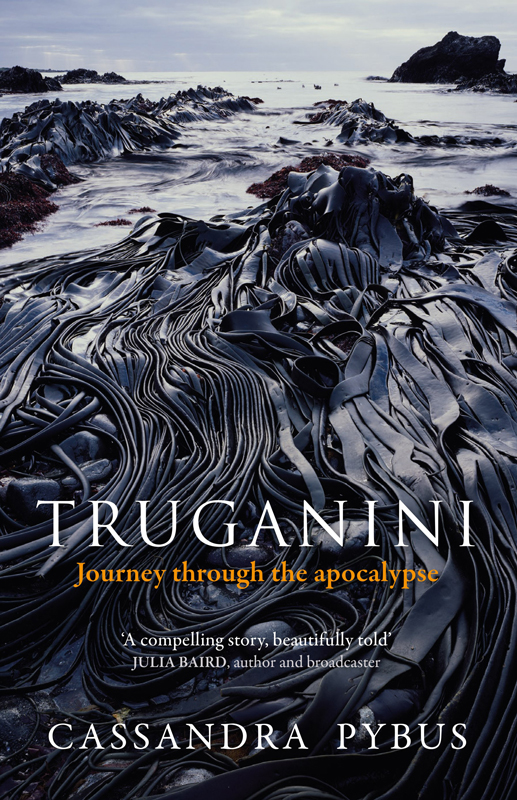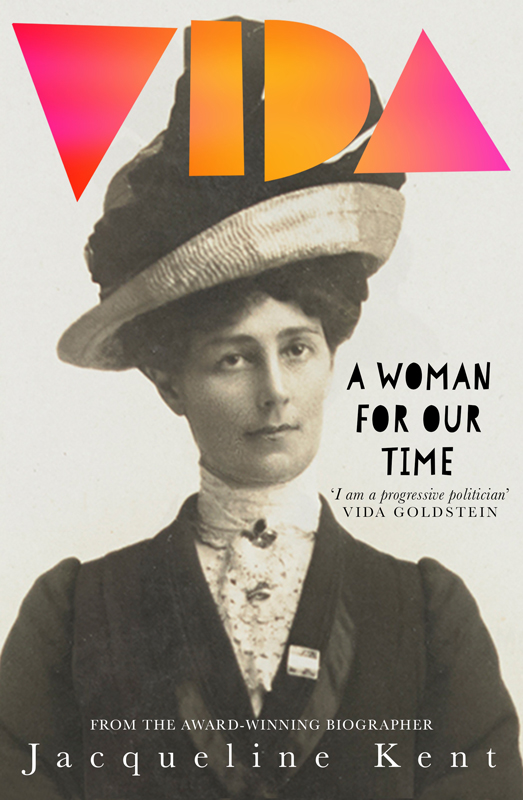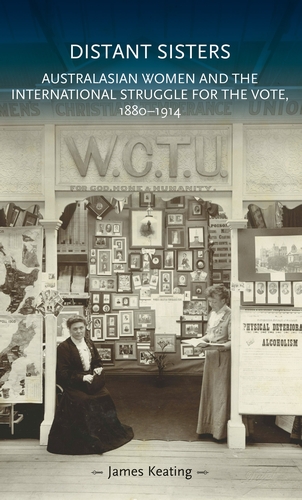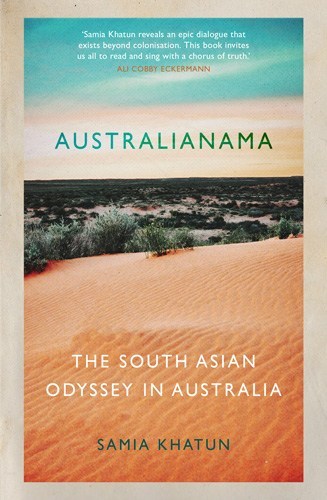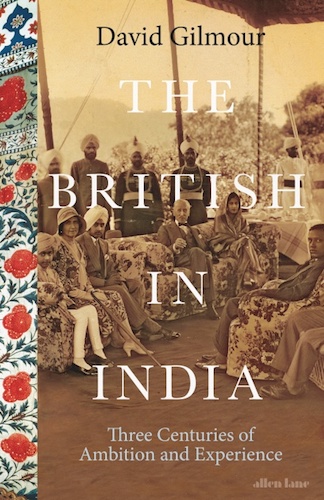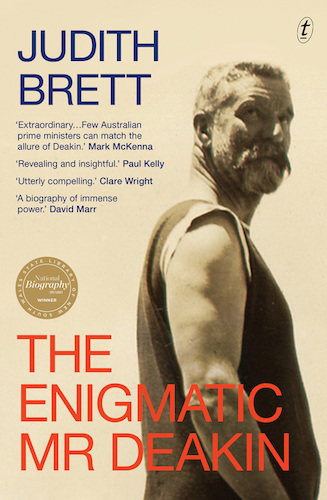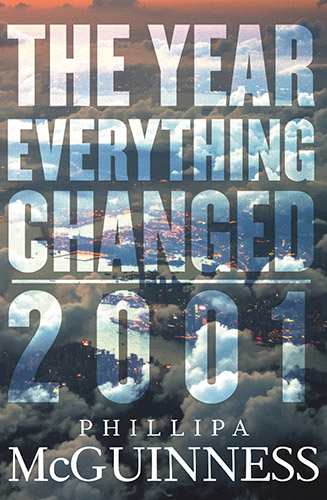All essays tagged:
History
The Banality of Empire
Overall, The British in India reads not so much as a successful call for more rigorous public engagement with the nuances of empire’s history as it does a retreat back into the arrogant position of a scholar who has never felt it particularly necessary to justify his interest in the everyday lives and literature of white people (racist or not), to the exclusion of all else. His admonishment for postcolonial scholars to spend ‚Äúmore time in the archives‚Äù raises the question of which archives he sees as valuable, given the scarcity of Indian voices in his social history.’
Jun. 2019 •
History • Non-fiction
